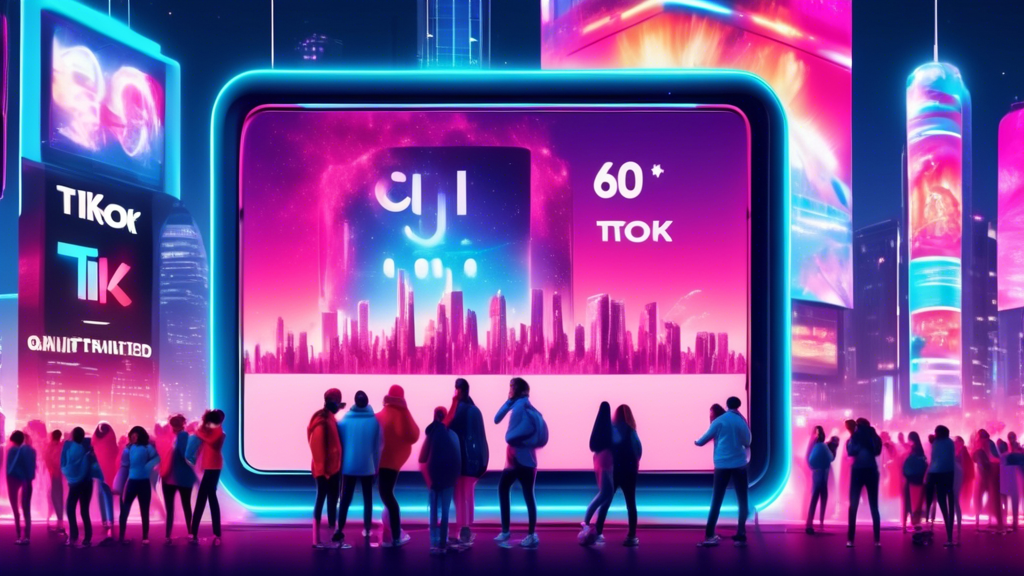Category: Insights
-
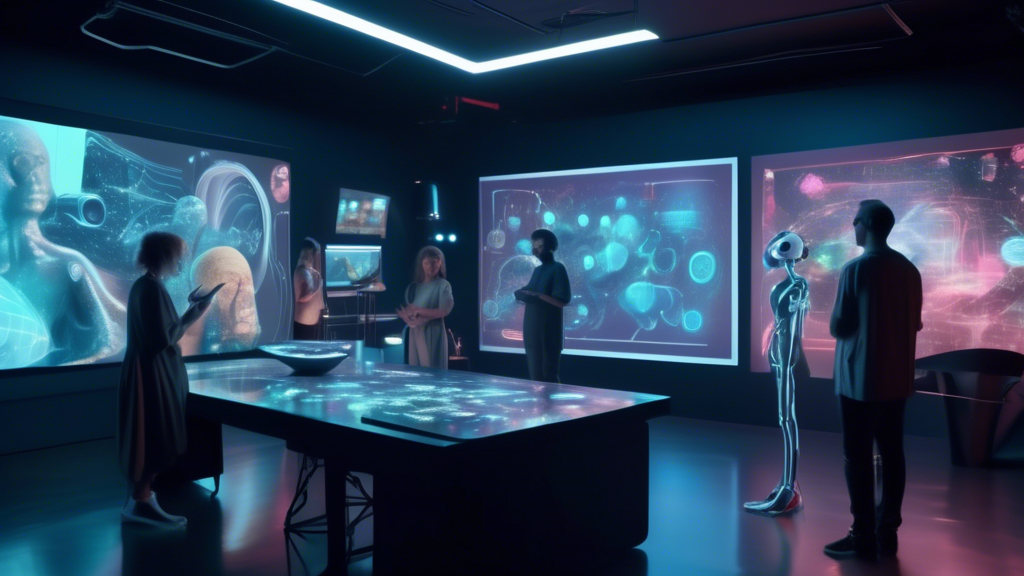
AI and Video in the 21st Century: Revolutionizing Artistry
The integration of AI with virtual reality (VR) is taking immersive storytelling to new heights. AI can enhance VR environments by creating more realistic simulations, adapting scenarios based on user interactions, and even generating realistic characters that respond naturally to the user’s presence. This blend of AI and VR is setting the stage for the…
-
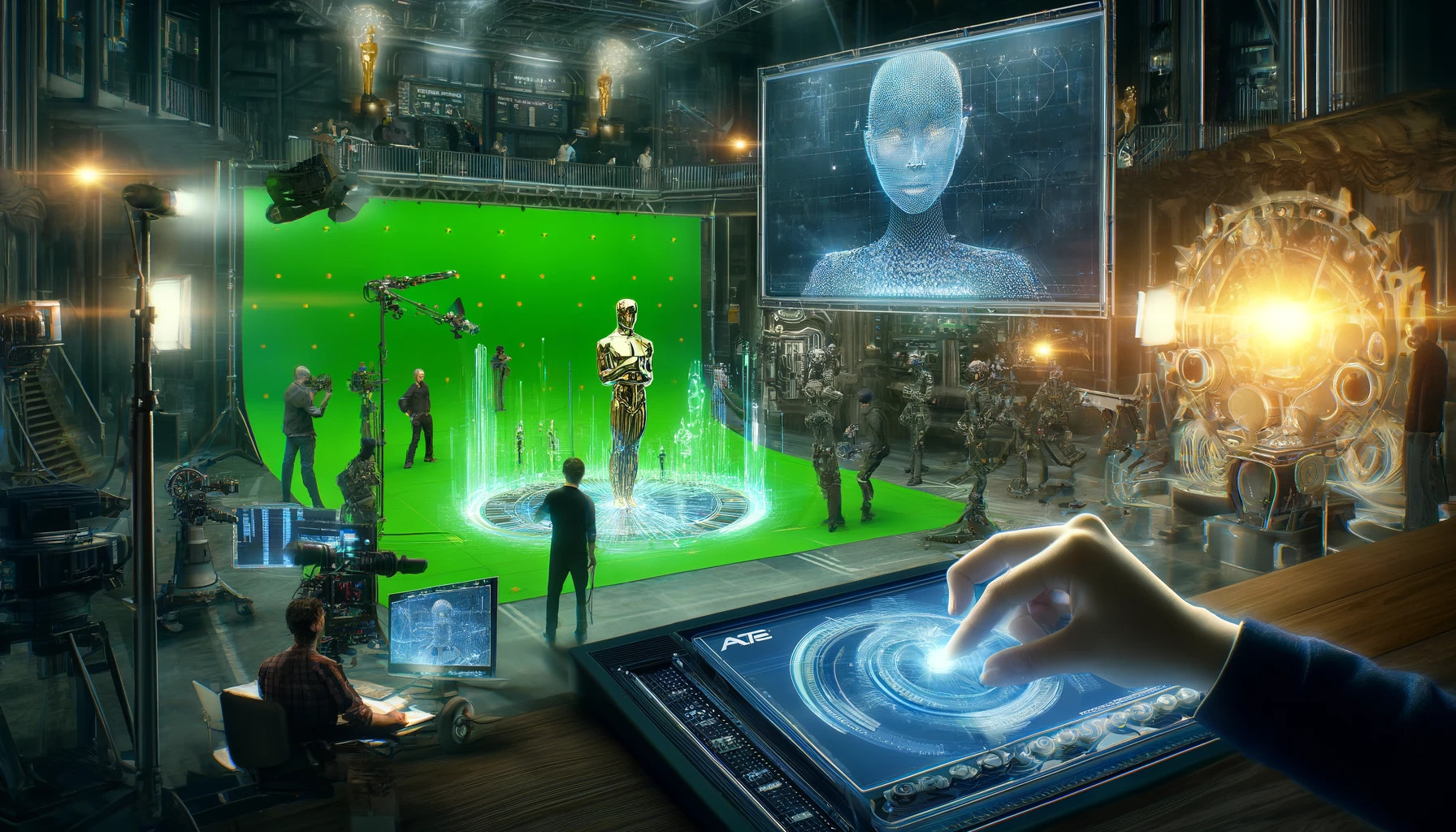
The Future of AI in Film Production: Will AI-Generated Movies Win Oscars?
The Evolution of AI in Filmmaking Artificial Intelligence (AI) is transforming the film industry in unprecedented ways, from enhancing special effects to potentially creating entire films. As AI technology advances, the question arises: Can AI-generated films win prestigious awards like the Oscars? AI’s Impact on Film Production AI has been steadily integrated into various aspects…
-
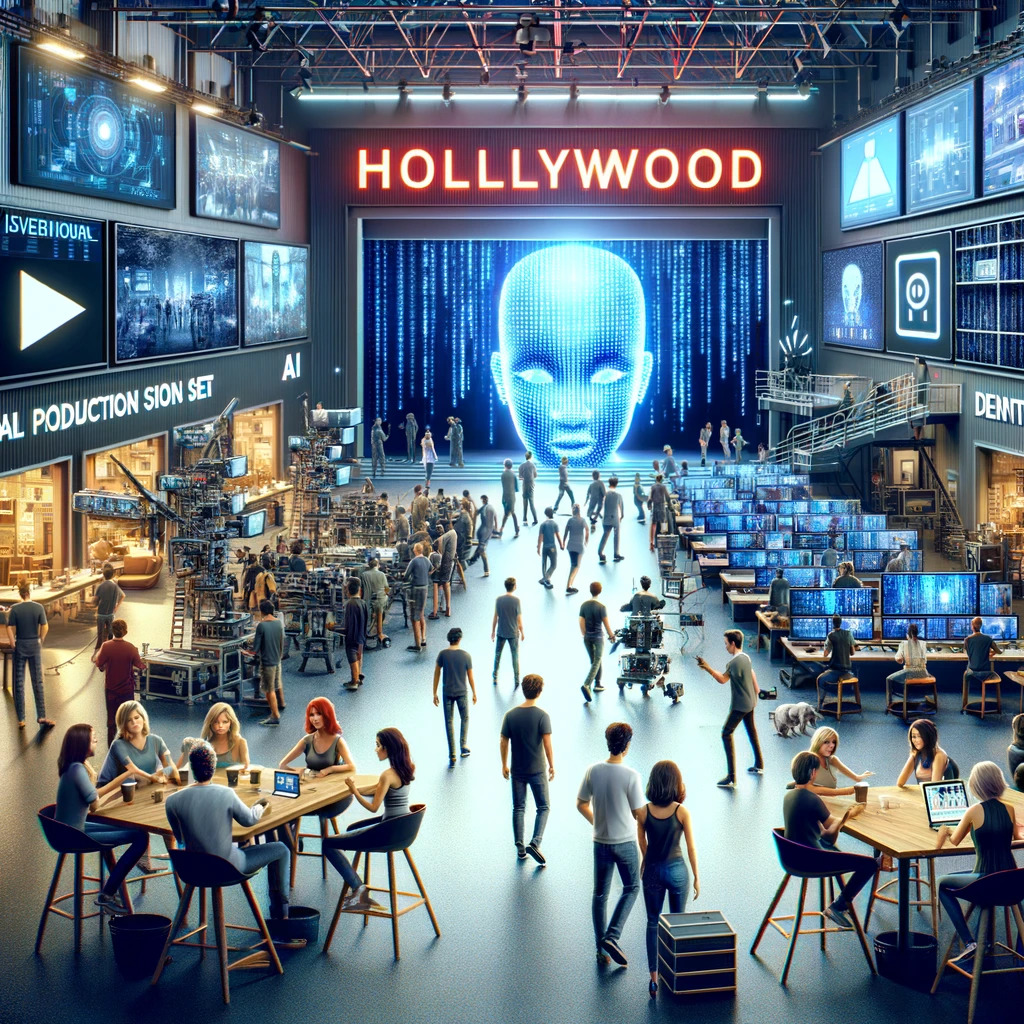
The Integration of Artificial Intelligence in Hollywood: A New Era of Filmmaking
The challenge for Hollywood will be to balance the innovative potential of AI with the traditional elements of filmmaking that rely on human creativity and collaboration. Ensuring that AI serves as a complement rather than a replacement for human talent will be crucial in this transition.
-
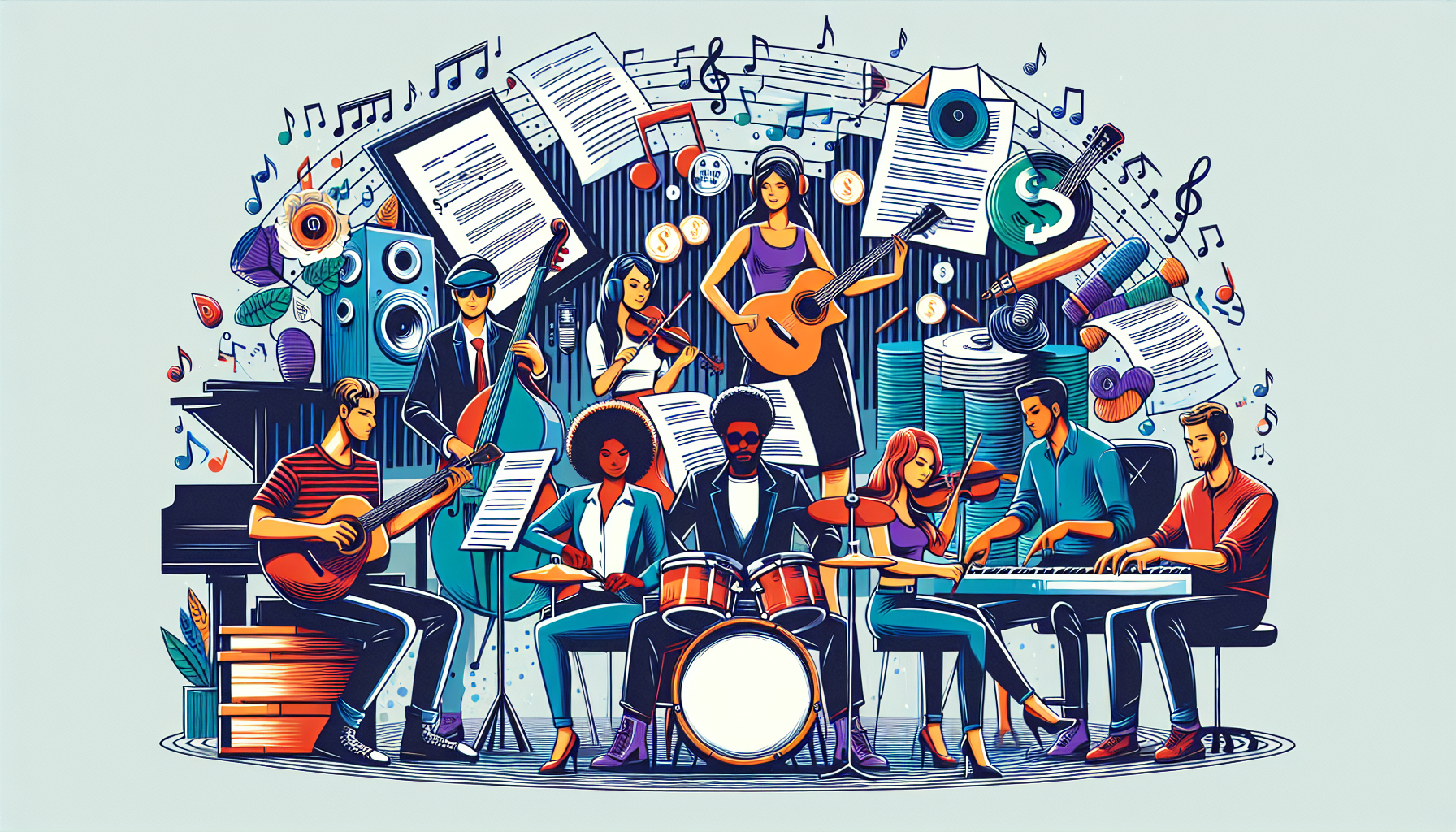
Understanding Music Publishing Rights
For anyone involved in the creation or distribution of music, understanding music publishing rights is essential for protecting intellectual property and maximizing revenue streams. By knowing who owns the rights to a song, how royalties are generated, and how licensing deals work, music creators can ensure that they are fairly compensated for their work. Moreover,…
-
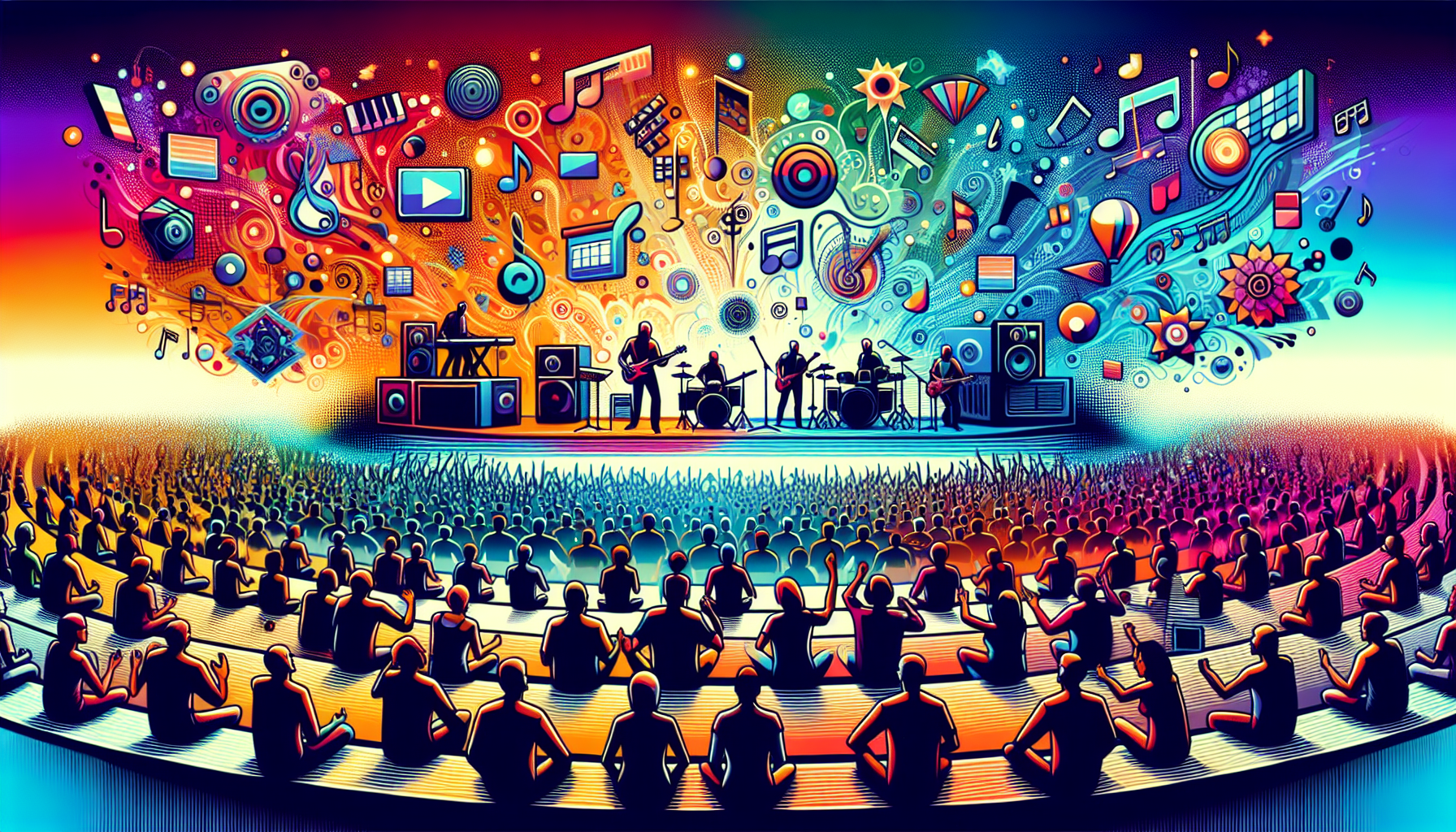
Exploring Digital Music Publishing Platforms
When exploring digital music publishing platforms, it’s essential for musicians to consider their specific goals and needs. Factors to consider include the platform’s reach, pricing structure, royalty rates, promotional tools, and user experience. It’s also crucial to assess the platform’s reputation, customer support, and ease of use.
-
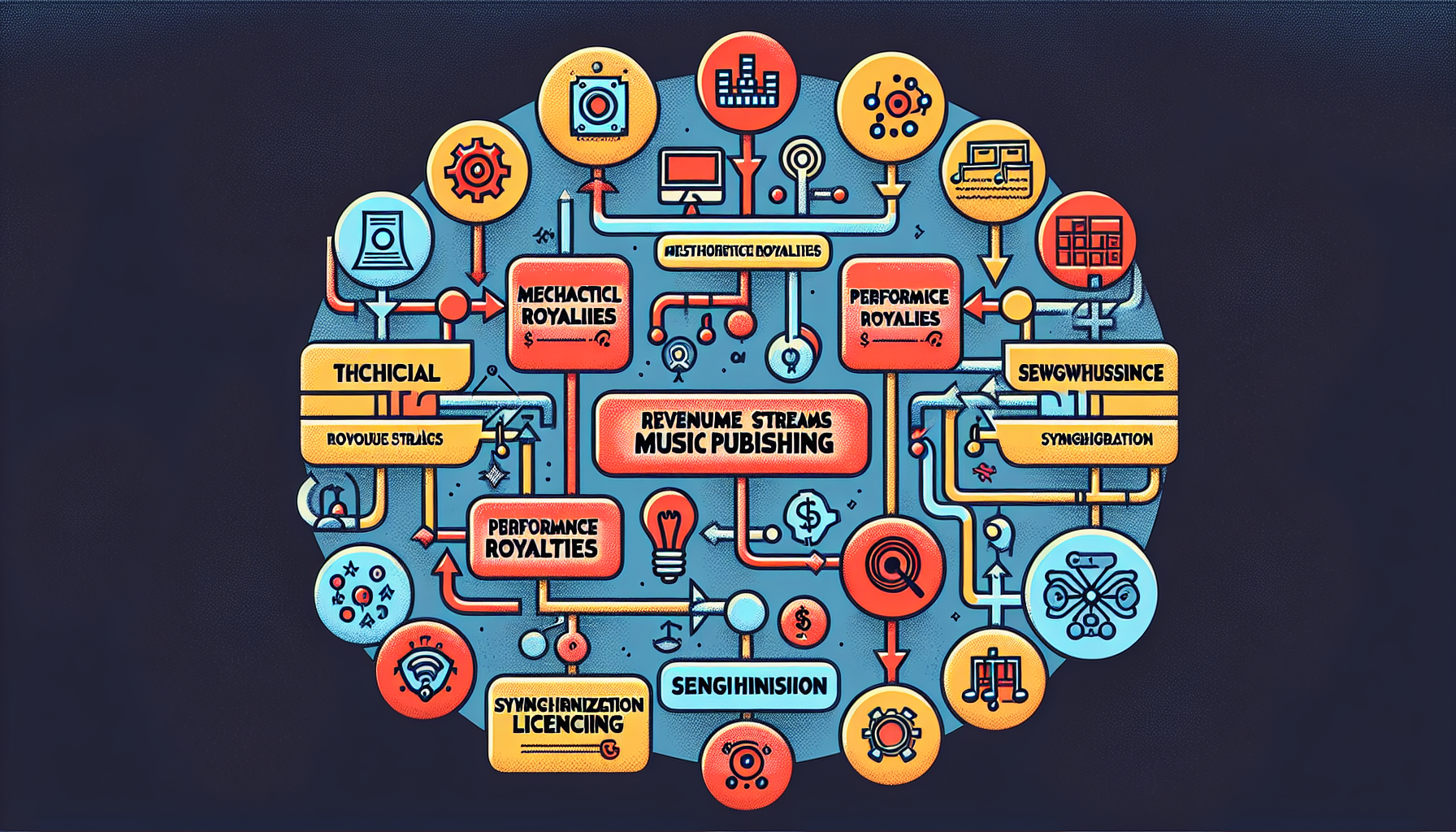
Understanding Music Publishing Revenue Streams
Understanding music publishing revenue streams is crucial for music creators to ensure they are fairly compensated for their work. By knowing how royalties are generated, collected, and distributed, artists can make informed decisions about their careers, negotiate favorable deals, and protect their intellectual property rights.
-

Guide to Independent Music Publisher Associations
Independent music publisher associations play a critical role in supporting and advocating for the interests of small and independent music publishers. By joining an association, independent publishers can access valuable resources, networking opportunities, and industry insights that can help them navigate the complexities of the music publishing industry and achieve greater success in their careers
-

Tools for Tracking Music Royalties
Rights management software such as Vistex and Music Maestro offer end-to-end solutions for tracking music royalties. These platforms help music companies manage their rights, licenses, and royalties in one centralized system, providing insights into revenue streams and ensuring accurate royalty distribution
-
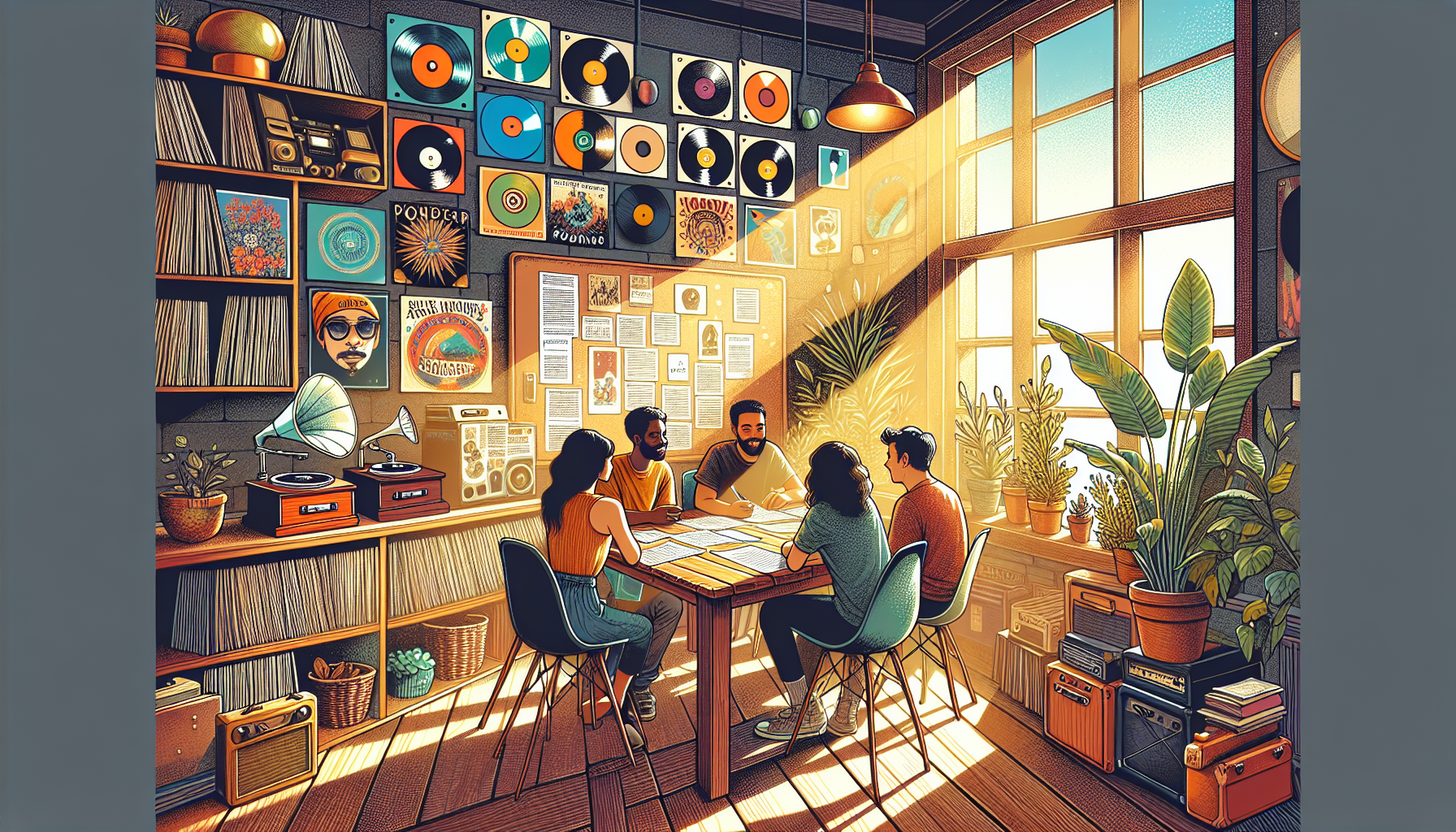
Understanding Indie Music Publishing
Indie music publishing involves managing various rights, including mechanical, performance, synchronization, and print rights. These rights give artists control over how their music is used and enable them to generate revenue from different sources.

